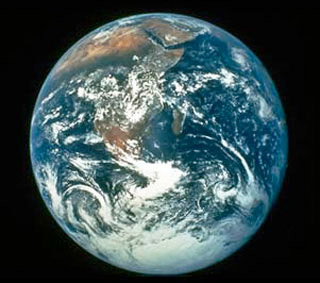Description
In this course, you will learn:
- The principles of ecology, viewing Earth as an integrated dynamic system. Topics covered include the evolution of the biosphere, geosphere, atmosphere, and oceans; photosynthesis and respiration; and the hydrologic, carbon, and nitrogen cycles.
- We will look at the flow of energy and materials through ecosystems; the regulation of organism distribution and abundance; ecosystem structure and function, including evolution and natural selection; metabolic diversity; productivity; trophic dynamics; and models of population growth, competition, mutualism, and predation.
- This is a Communication-Intensive course, which includes training and practice in both oral and writing communication. Biology is a recommended requirement.
Syllabus:
- Introduction: what is ecology?
- Evolution of Earth and the biosphere
- How to be alive/thermodynamics of life
- CI lecture: getting started with the term project
- Primary productivity I and II
- Biogeochemical cycles
- Global carbon cycle
- Limiting factors and Redfield
- Ecosystem experiments/geoengineering
- Secondary productivity/food webs
- Population growth
- Chemostats/life tables
- Human population growth
- Competition and the niche
- Predation/symbiosis/mutualism
- Biogeography
- A thought experiment in sustainability









